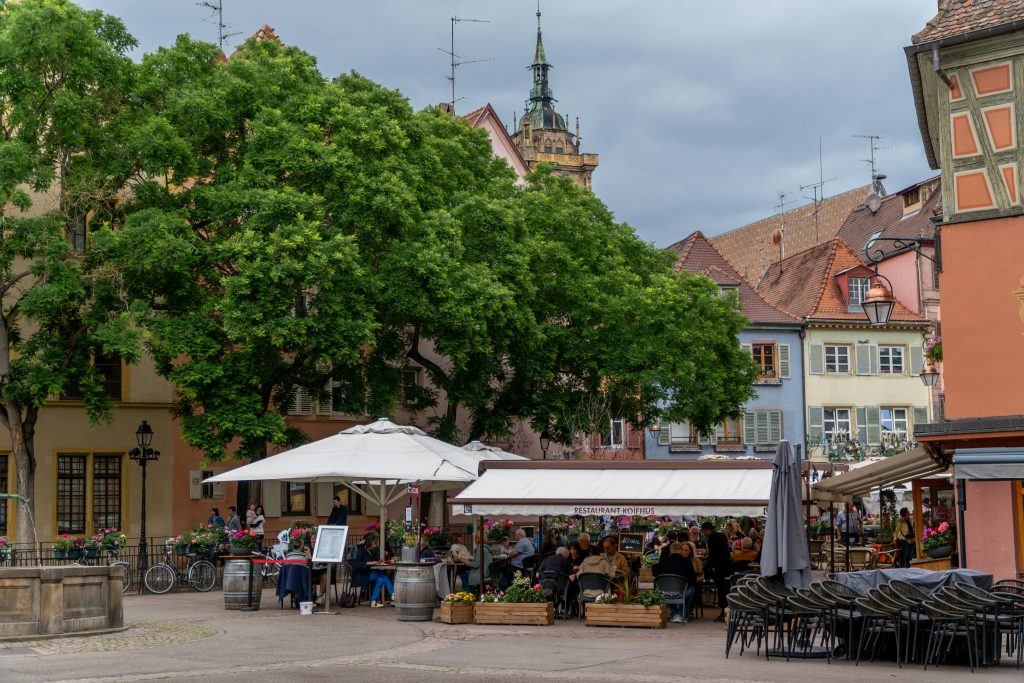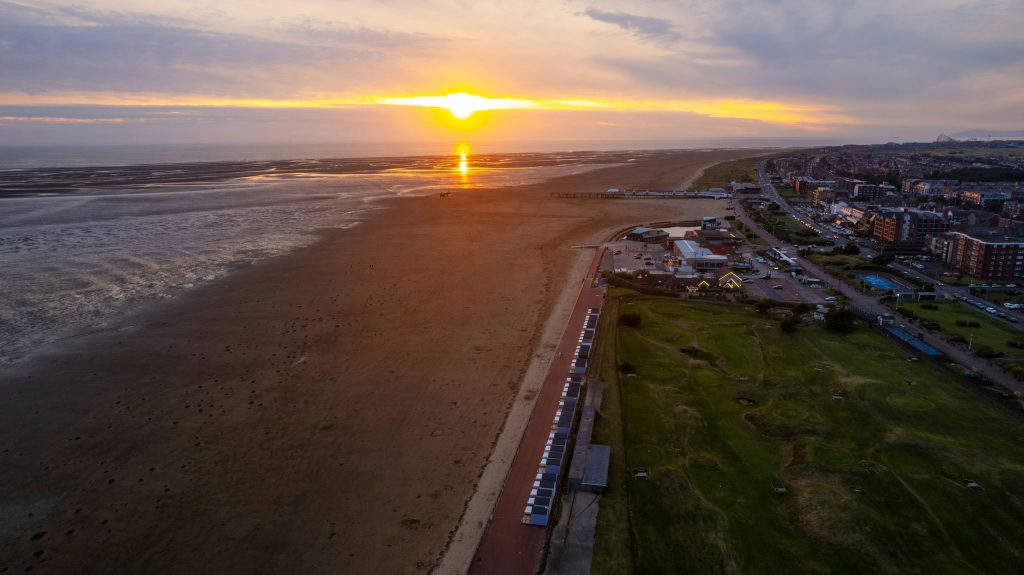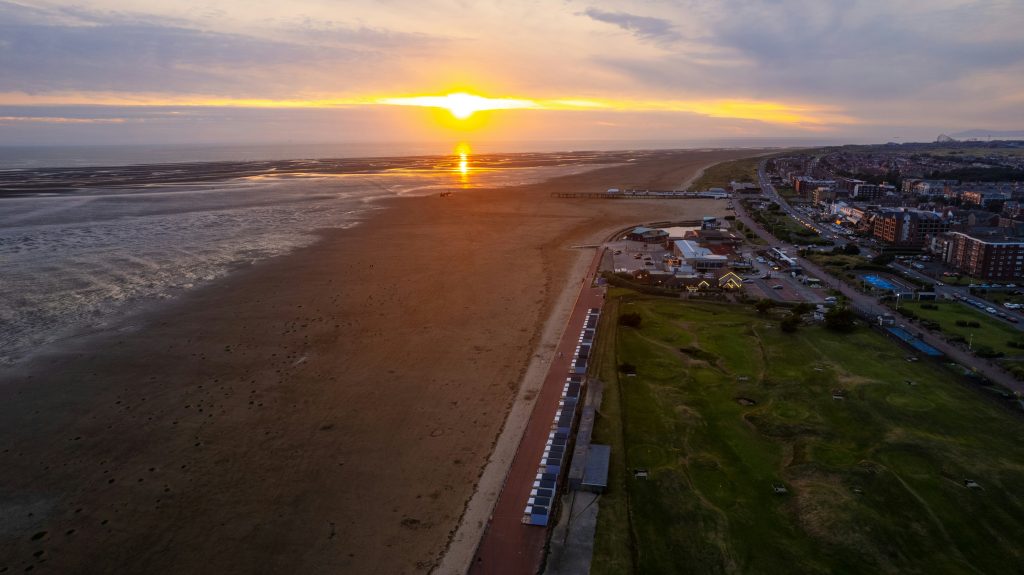Bradford Riots: A Call for Unity and Protection Amid Rising Tensions
In recent days, Bradford has been at the center of rising tensions, culminating in a series of riots that have left the community shaken and seeking answers. The unrest, which has been fueled by concerns over safety and the protection of individuals from targeted violence, has prompted leaders and activists to call for immediate action to restore peace and unity within the city. Humma Nizami, the executive director of the Race Equality Network in Bradford, has highlighted the urgent need for measures that ensure the safety of all community members, particularly those who may be vulnerable to attacks based on race or identity. Nizami emphasized that the current situation demands not just a response from law enforcement but a collective effort from all sectors of society to foster understanding and prevent further escalation. As tensions rise, the local authorities are urged to engage in open dialogues with community leaders to address the underlying issues that have led to the riots. This includes tackling discrimination, promoting inclusivity, and ensuring that every citizen feels secure in their environment. The calls for unity are echoed by many who believe that the strength of Bradford lies in its diversity and that the community must stand together against divisions. The riots have also sparked discussions about the role of social media in exacerbating conflicts. Misinformation and incendiary rhetoric can spread rapidly online, inflaming passions and leading to real-world consequences. Experts suggest that there must be a concerted effort to combat misinformation, educate the public on responsible social media usage, and promote narratives that foster peace rather than division. Community initiatives have begun to emerge, focusing on reconciliation and healing. Workshops, forums, and community gatherings are being organized to provide safe spaces for dialogue, allowing residents to express their concerns and work towards solutions collaboratively. The emphasis is on building bridges rather than walls, promoting understanding across different cultural and ethnic backgrounds. As Bradford navigates this challenging period, the hope is that the city can emerge stronger and more united. The path forward will require courage, commitment, and a collective desire to confront the challenges head-on. Leaders from all walks of life must come together to ensure that such unrest is not the new normal but rather a catalyst for positive change. The lessons learned from these riots will be crucial in shaping the future of Bradford. It is a pivotal moment that calls for reflection, action, and a renewed dedication to the principles of equality and respect for all individuals. Only through unity and proactive measures can the community reclaim its sense of safety and belonging, paving the way for a brighter future.
Tags: Bradford, Bradford riots, community safety, riots, Social Media, unity
Tensions Rise in Birmingham: Community Voices and Citizen Journalism Take Center Stage
In a gripping turn of events, the Birmingham riots have captured the attention of the public and media alike, unveiling a complex tapestry of community sentiments and the role of citizen journalism in modern activism. The unrest, which erupted in response to a series of escalating tensions within the community, has prompted a significant police response and raised critical questions about public safety and civil rights.
As the situation unfolded, a West Midlands Police officer found himself at the center of a unique interaction with a man who identified himself as a citizen journalist. This individual, equipped with a smartphone and a desire to document the unfolding events, livestreamed their conversation to a growing audience online. This moment underscored the power of social media as a tool for grassroots reporting and community engagement, as viewers from all walks of life tuned in to witness the events as they happened.
The presence of citizen journalists has become increasingly prominent in protests and riots around the world. By sharing real-time updates and perspectives, these individuals provide a counter-narrative to traditional media coverage, often reflecting the voices of those directly affected by the incidents. In Birmingham, the citizen journalist’s livestream not only captured the immediate atmosphere but also sparked a dialogue among viewers, who offered their opinions and support from afar.
As the riots continued, the community’s frustrations became palpable. Many residents expressed their feelings of discontent regarding local governance, social inequality, and perceived injustices. The streets of Birmingham turned into a battleground of ideas, where voices clamored for attention amidst the chaos. The riots, while a display of unrest, also revealed a deeper yearning for change and recognition.
The police response has been multifaceted, with efforts to maintain order while also addressing the concerns of the community. Law enforcement officials have faced criticism for their tactics, which some argue have exacerbated the situation rather than alleviating it. The dialogue between police and citizens is crucial in restoring trust and safety, and the presence of citizen journalists adds another layer to this intricate relationship.
As the events continue to unfold, it is clear that Birmingham is at a crossroads. The riots may serve as a catalyst for change, prompting discussions about social justice, community engagement, and the role of citizen journalism in shaping public discourse. The power of the people, amplified by technology, may lead to a new era of accountability and transparency in both governance and media.
In conclusion, the Birmingham riots have not only highlighted the tensions within the community but also the significant impact of citizen journalism in bringing these issues to light. As citizens take up the mantle of reporters, the line between observer and participant blurs, leading to a more engaged and informed populace. The call for change echoes through the streets of Birmingham, and as the community comes together to address the underlying issues, the dialogue must continue, both online and offline, to foster understanding and progress.
Tags: Birmingham, Birmingham riots, citizen journalism, community engagement, riots, social justice
Plymouth Erupts in Unrest Amidst Anti-Immigration Protests
Plymouth, a vibrant city known for its rich maritime history, has recently found itself at the center of turmoil as anti-immigration sentiments have sparked intense protests and unrest. Following a tragic incident involving a fatal knife attack, tensions escalated, leading to confrontations between demonstrators and law enforcement.
Local authorities, including the Plymouth City Council, have expressed their distress over the violent scenes that have unfolded, emphasizing the need for community safety and cohesion. Councillor Sally Haydon, a key figure in the council, acknowledged the emotional impact these events have had on residents and reiterated the importance of maintaining peace within the community.
The unrest in Plymouth is part of a broader pattern seen in various UK cities, where far-right groups have begun to mobilize, fueling fears of escalating violence and division. In the latest protests, several police officers were injured, and there were reports of damage to property, including a police van. The situation led to multiple arrests as law enforcement sought to restore order amidst the chaos.
In response to the escalating tensions, Devon and Cornwall Police have ramped up their presence in the city center, with additional officers deployed to manage the demonstrations and ensure public safety. Meanwhile, local businesses have made the difficult decision to alter their operations, including changes to bus routes, in order to navigate the disruptions caused by the protests.
Despite the turmoil, community initiatives continue to thrive. The Plymouth Sound National Marine Park recently launched a program named ‘Your Summer Your Sound,’ which aims to offer over 900 free activity sessions designed to engage and inspire local residents. Such efforts highlight the resilience of the community and its determination to foster a sense of unity despite the ongoing challenges.
As Plymouth grapples with these issues, the call for dialogue and understanding is more crucial than ever. The city’s leaders are urging residents to come together, emphasizing that division only serves to deepen the wounds within the community. As the situation develops, all eyes will be on Plymouth, hoping for a resolution that prioritizes safety, respect, and inclusivity for all its inhabitants.
Tags: anti-immigration, community safety, Plymouth, Plymouth riots, protests, riots
Plymouth Erupts in Unrest Amid Anti-Immigration Protests
Plymouth, a vibrant coastal city in the UK, has recently witnessed violent protests sparked by rising tensions surrounding immigration issues. As a city that prides itself on community and diversity, the recent clashes mark a worrying trend in which anti-immigration sentiments, often fueled by far-right groups, have begun to manifest in public demonstrations and civil unrest.
The protests erupted following a tragic knife attack that claimed a life, leading to an escalation of anger and frustration among certain groups within the community. Councillor Sally Haydon, Plymouth City Council’s Cabinet Member for Community Safety, expressed her dismay at the distressing scenes broadcasted across media outlets, urging the public to remain calm and to seek understanding rather than division. “It is incredibly disappointing to see our community divided over such issues, especially when we should be coming together to support one another in times of crisis,” she stated.
In the wake of the protests, law enforcement faced significant challenges. Reports indicate that several officers sustained injuries during clashes, and property, including a police van, was damaged. The Devon and Cornwall Police confirmed that they arrested seven individuals in connection with the unrest, highlighting the need for a robust response to maintain public order.
The impact of the protests extended beyond the immediate clashes, affecting local businesses and public services. Several establishments chose to close their doors early, while bus routes were altered to circumvent areas of potential conflict, demonstrating the broader implications of such unrest on the local economy and daily life.
As tensions simmered, the Plymouth City Council, in conjunction with local police, ramped up efforts to ensure community safety. An increased police presence was announced, with officers deployed throughout the city center to prevent further incidents. These measures underline the seriousness of the situation and the commitment of authorities to safeguard residents and visitors alike.
Despite the unrest, Plymouth continues to strive for unity and healing within the community. Programs such as “Your Summer Your Sound,” launched by the Plymouth Sound National Marine Park, aim to foster engagement and inspiration among residents through over 900 free activity sessions. Such initiatives are crucial in reinforcing the message that diversity and inclusion are the cornerstones of the city’s identity and future.
As the city navigates through this turbulent period, it is clear that ongoing dialogue and community engagement are essential to address the root causes of such unrest. The recent riots have highlighted the need for a concerted effort to promote understanding and tolerance among different groups within Plymouth, ensuring that such violent episodes do not define the city’s narrative.
Looking ahead, Plymouth must work collectively to heal and rebuild trust among its citizens. The recent events serve as a reminder of the fragile nature of community cohesion, and the responsibility that lies with each individual to foster a more inclusive environment. The city’s resilience will be tested, but with a commitment to unity and understanding, there is hope for a brighter, more harmonious future.
Tags: anti-immigration, community safety, Plymouth, Plymouth riots, protests, riots



